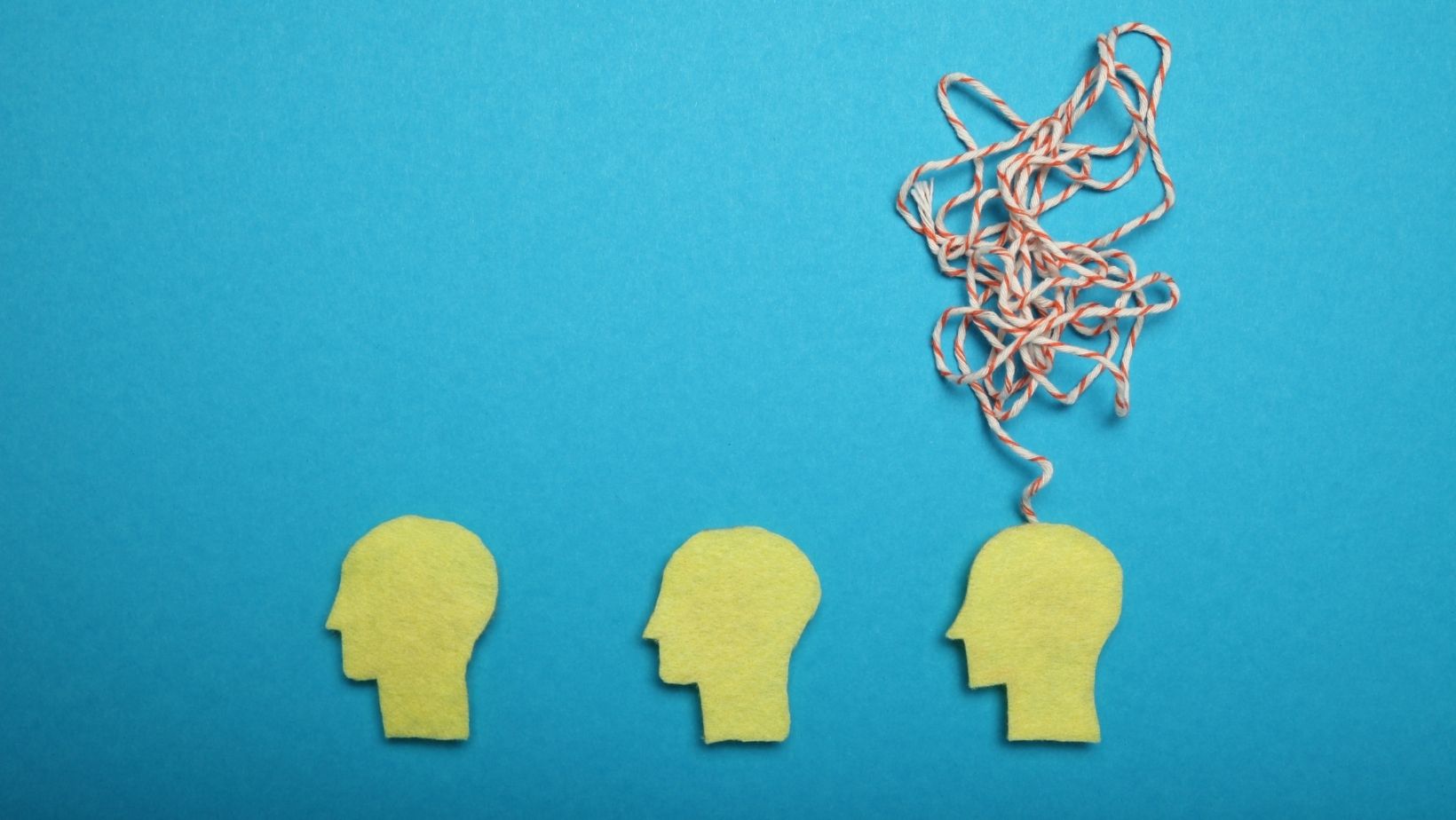Only movies can help you keep calm in any situation. Human beings cannot survive without stress. Stress is the brain’s natural response to complex problems. Everyone experiences stress at different levels and for different durations.
Stress is motivation in itself. Do you remember feeling excited and pumped to do something? You could be doing a hike, writing a book, or completing a project. The exact physiological reactions that motivate you also occur when you’re stressed.
This article is not meant to praise stress reactions or convince you to agree with them. Chronic stress can be very harmful. Ayurvedic treatments for anxiety can be combined with an integrated approach that combines meditation, exercise, and therapy. Let’s first examine how stress affects the body.
The physiological stress response:
The body prepares itself to handle difficult situations when faced with them. The brain didn’t change much when we hunted gentle animals and fled from the fierce. The body’s adaptations to every challenge are the same today. To conquer or fight for something. These same changes can be enough to make you push yourself for a difficult math test or finish a project by a deadline.
Hans Selye is a pioneer in this field. He says there are three stages to stress response. These stages include alarm, adaptation, recovery, or exhaustion. (1)
The first stage that triggers the “flight or fight” response is an alarm. When the stressor is identified, the hypothalamus activates the pituitary and autonomic nervous systems. The adrenal cortex is activated by the pituitary gland. This results in the release of hormones and neurotransmitters such as adrenaline, corticosteroids, and antidiuretic hormonal hormones. These chemicals can increase heart rate and blood pressure, dilate blood vessel walls, supply more blood to the brain, increase alertness and focus, and regulate fluid balance. The basal metabolic rate (or body’s metabolism) also changes to ensure a constant energy supply. These changes allow us to be alert and focused, as well as active.
This acute stress response can be associated with excitement and thrill or anger and frustration.
If it persists, the body will use all its resources to adapt to the stress situation. This is called the adaptation stage. It can cause temporary changes in sleep, emotions, tiredness, and other symptoms.
Next, you must overcome the stress. The body’s mechanisms can help us overcome the problem. If not, we go into recovery mode. Continued adaptations may cause exhaustion if the stressor persists, whether real or imagined.
Exhaustion can lead to persistence and increased symptoms such as sleep problems, blood pressure, mood swings, etc.
What is the negative effect of stress?
Stress adaptations can alter immune cells and chemicals such as cytokines and cause inflammations, changes to immune response, delayed wound healing, etc.
Stress can cause high cortisol levels, leading to impaired glucose metabolism and increased fat levels. (2)
Because stress regulates heart rate, blood pressure, and circulation, it significantly impacts the circulatory systems. Chronic stress can lead to cardiovascular diseases. (3)
Acidity, ulcers, and other digestive problems can be caused by stress adaptations in metabolism, energy supply, and inflammatory reactions.
Other common coping symptoms include fatigue, sleeplessness, headaches, and sleeplessness.
How to get help?
When stress starts to impact your quality of life, you need help. If you experience symptoms such as fatigue, blood pressure, digestive problems, skin issues, sleep issues, and other symptoms unrelated to any biological causes, you should seek professional assistance.
Anxiety:
Anxiety can be a response to a threat. This emotion is distinct from fear, which is a normal emotion that is essential for survival. Anxiety can be an emotional reaction to fear or an imminent situation. This is subjective and often way too far from reality.
Causes of Anxiety:
Trauma, particularly in childhood, is a common cause. Anxiety can also be caused by chronic stress, recreational drug use, alcoholism, and certain medical conditions such as hyperthyroidism. Fear is more common in those with anxiety-related family history.
by
Anxiety disorder
If anxiety is severe and persistent, your doctor may recommend seeking treatment.
The most common type of anxiety disorder is generalized anxiety disorder. This is where people feel anxious with no specific cause. They have symptoms such as restlessness, fatigue, and muscle tension.
Anxiety disorders can also include panic attacks, phobias, social anxiety separation anxiety.
Ayurveda helps you manage anxiety and stress:
Ayurveda views stress and anxiety as excessive in ‘vata’ which causes an imbalance of “pitta.” Vata excess can cause you to be restless, anxious, easily excited, unconnected, and unfocused. This excess of ‘vata’ can cause fear, flight, confusion, and reduction in understanding. This excess ‘pitta’ can confuse and impair cognition. This can also lead to a loss of thought process, frustration and anger.
Ayurveda for Stress and Anxiety is all about controlling the vata.
6 steps for controlling anxiety and stress:
- Pay attention to your stressors and anxiety triggers. You will experience a different set of symptoms than others with similar symptoms.
- Good nutrition is vital. Ayurveda recommends warm and light foods to lower the vata. Ayurvedic Remedial massage is recommended to calm down the vitiated vata. You will also avoid energy spikes and fatigue by eating food with a low Glycemic Index.
- Mild exercise should be a daily habit. This will increase your body’s ability to make endorphins, which can help you feel better.
- Do not use virtual social networking. Instead, get social networking. Talking to people, making friends, and meeting new people will reduce anxiety and stress.
- Meditation to control stress and anxiety. Meditation is an integral part of Yoga for stress and sleep. Meditation helps you manage your thoughts and eliminate all unwelcome thoughts. When ‘vata is balanced, you can focus. Shirodhara is another therapy that helps calm your mind and reduce excess ‘vata. Meditation will allow you to be more connected to reality and help you avoid unwelcome thoughts.
- Learn to accept that you can’t control all the events in your life.
